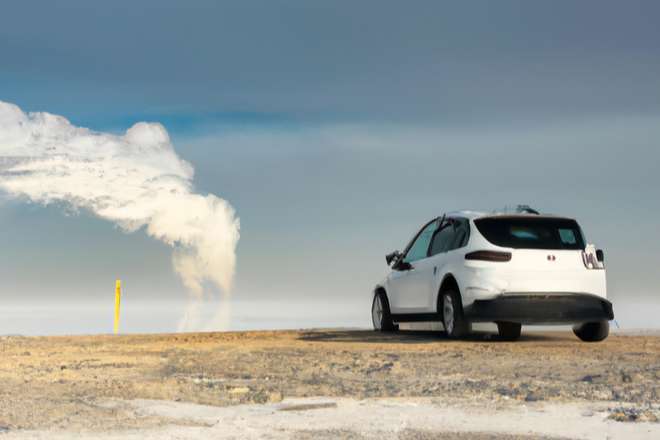
The History and Evolution of Electric Vehicles
Electric vehicles have come a long way since their inception in the 19th century. In the early 1800s, Hungarian physicist Ányos Jedlik created a small-scale model of an electric vehicle, which he powered using a primitive battery. However, it wasn't until the turn of the 20th century that electric vehicles became a viable form of transportation.
In the early 1900s, electric cars were popular among urban dwellers because they were quiet, smooth, and easy to operate. They were also considered a more environmentally friendly option than gasoline-powered cars, which were loud and emitted harmful fumes. However, the development of the electric starter for internal combustion engines, which made gas-powered cars easier to start, and the discovery of vast oil reserves in the Middle East, which led to a drop in gasoline prices, led to a decline in electric vehicle popularity.
In the late 20th century, concerns about air pollution and the need for sustainable transportation sparked renewed interest in electric vehicles. In the 1990s, several major automakers began developing and producing electric cars, and the first modern electric vehicle, the GM EV1, was released in 1996. However, the lack of a comprehensive charging infrastructure and the high cost of batteries limited the adoption of electric vehicles.
In the early 21st century, advancements in battery technology and the increasing availability of charging stations have made electric vehicles more practical and affordable. Today, electric vehicles are becoming more popular as consumers seek more environmentally friendly transportation options. Major automakers are investing in the development of electric vehicle technology, and governments around the world are offering incentives to encourage the adoption of electric vehicles.
The history of electric vehicles is a story of innovation and progress, as scientists and engineers have worked to overcome technical challenges and make electric cars a viable form of transportation. As technology continues to evolve and more charging infrastructure is built, electric vehicles are poised to play an increasingly important role in the future of transportation.
